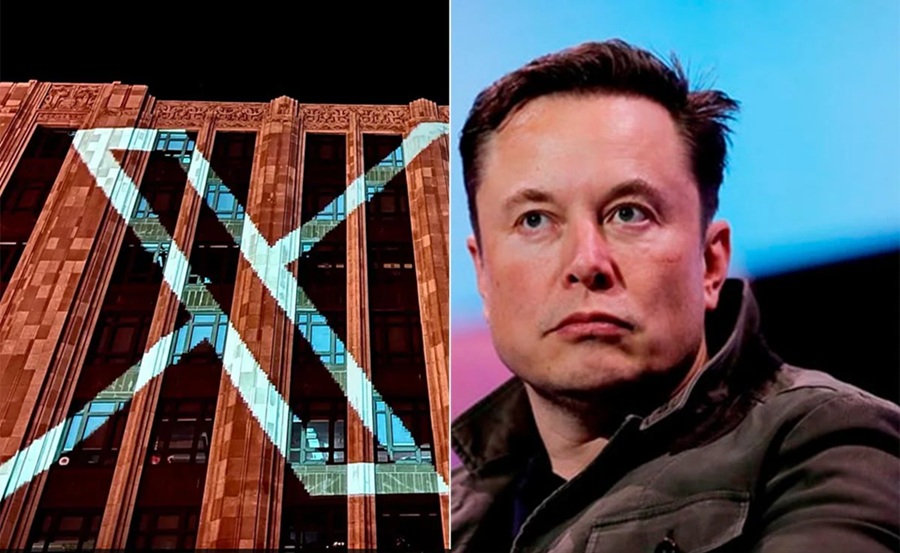In a revelation that has sent shockwaves across both the tech and national security landscapes, Elon Musk’s social media platform X (formerly Twitter) is under fire following reports that accounts affiliated with recognized terrorist groups have been granted verification through the paid “Blue Tick” subscription program. The controversy raises pressing concerns about how Musk’s radical overhaul of the platform's verification system may be inadvertently empowering bad actors and undermining the safety and credibility of the digital public square.
The Blue Tick Controversy: What Happened?
Once a symbol of credibility and notability, the blue checkmark on Twitter was historically reserved for politicians, journalists, celebrities, and public figures. But under Elon Musk’s leadership, X has replaced the legacy verification system with a pay-to-play model under “X Premium,” allowing virtually anyone to receive the coveted blue tick for a monthly fee—provided they meet basic account activity requirements.
Recent investigative reports, including one by the BBC and others by cybersecurity watchdogs, revealed that multiple accounts tied to or openly supporting designated terrorist organizations—such as Hezbollah, the Taliban, and others—were able to pay for and obtain verification badges. These blue ticks give such accounts increased visibility, algorithmic amplification, and a sense of legitimacy in the eyes of the public—potentially aiding in their propaganda and recruitment efforts.
The implications are chilling.
Why It Matters: Platform Power and Propaganda
Social media has long been a battleground in the fight against terrorism and extremism. Terrorist groups have used online platforms to spread propaganda, recruit followers, raise funds, and coordinate activities. Companies like Facebook, Google, and Twitter had, over the past decade, developed extensive policies and AI-driven systems to limit the spread of extremist content.
Musk’s X, however, has taken a drastically different route—favoring reduced content moderation and a “free speech absolutist” ethos that critics say creates fertile ground for disinformation, hate speech, and now, terrorism-related messaging.
By enabling bad actors to purchase verification, X is accused of removing one of the last effective friction points that prevented extremist groups from presenting themselves as trustworthy sources. Worse, a blue tick can help these accounts evade detection or scrutiny, especially from casual users or those in volatile regions.
Elon Musk’s Response
Thus far, Elon Musk has remained characteristically defiant. Responding to criticism, he has claimed that “sunlight is the best disinfectant,” implying that transparency and open debate will naturally expose falsehoods and extremism. He has also argued that anyone—regardless of affiliation—should have access to the platform so long as they do not break local laws.
However, critics argue that this laissez-faire approach ignores the reality that extremist networks are adept at exploiting digital platforms to incite violence, often skirting just below the threshold of legal action. Furthermore, verification lends a veneer of credibility that is at odds with the supposed neutrality of the system.
The Bigger Picture: Tech Companies and Ethical Responsibility
The controversy surrounding X is not just about one social media platform—it’s a reflection of a broader tension between tech innovation, free speech, and social responsibility. While Musk’s desire to democratize verification and reduce censorship might seem principled, the fallout shows how even well-meaning policies can have dangerous unintended consequences when divorced from context and accountability.
Governments around the world have taken notice. In the United States, members of Congress have already called for investigations into how these accounts were verified and what measures, if any, are in place to prevent further abuse. In the EU, the Digital Services Act could compel platforms like X to adopt stricter content moderation or face steep penalties.
What Can Be Done?
The blue tick scandal is a wake-up call for regulators, users, and the tech industry at large. To address the issue, several measures are being proposed:
Reinstating Human Oversight for Verification: While automation can scale, the human element is essential when dealing with sensitive content and high-risk profiles.
Stricter Vetting for Paid Subscriptions: Platforms should implement robust identity checks and screen subscribers against global sanctions and watchlists before granting verification.
Greater Transparency in Moderation Policies: Clear, public guidelines on what constitutes a violation—and regular third-party audits—can help rebuild trust.
Collaboration with Intelligence and Civil Society: Tech companies must work closely with government agencies, NGOs, and researchers to identify and neutralize extremist threats proactively.
The Future of X
Whether Elon Musk will revise his platform’s policies remains to be seen. X has lost major advertisers in the past due to concerns over hate speech and content moderation, and this latest incident risks further damaging its already fragile reputation.
For Musk, who has positioned himself as a revolutionary thinker determined to redefine everything from automotive to space travel to social media, the challenge now is balancing his libertarian ideals with the hard realities of global security and digital responsibility.
In the end, freedom of speech should not mean freedom to spread hate or violence—especially when enabled by a checkmark meant to signify trust. If platforms like X fail to recognize this balance, they risk becoming tools not for progress, but for peril.
Have thoughts on the controversy? Leave your comments below or share this post to keep the conversation going.
